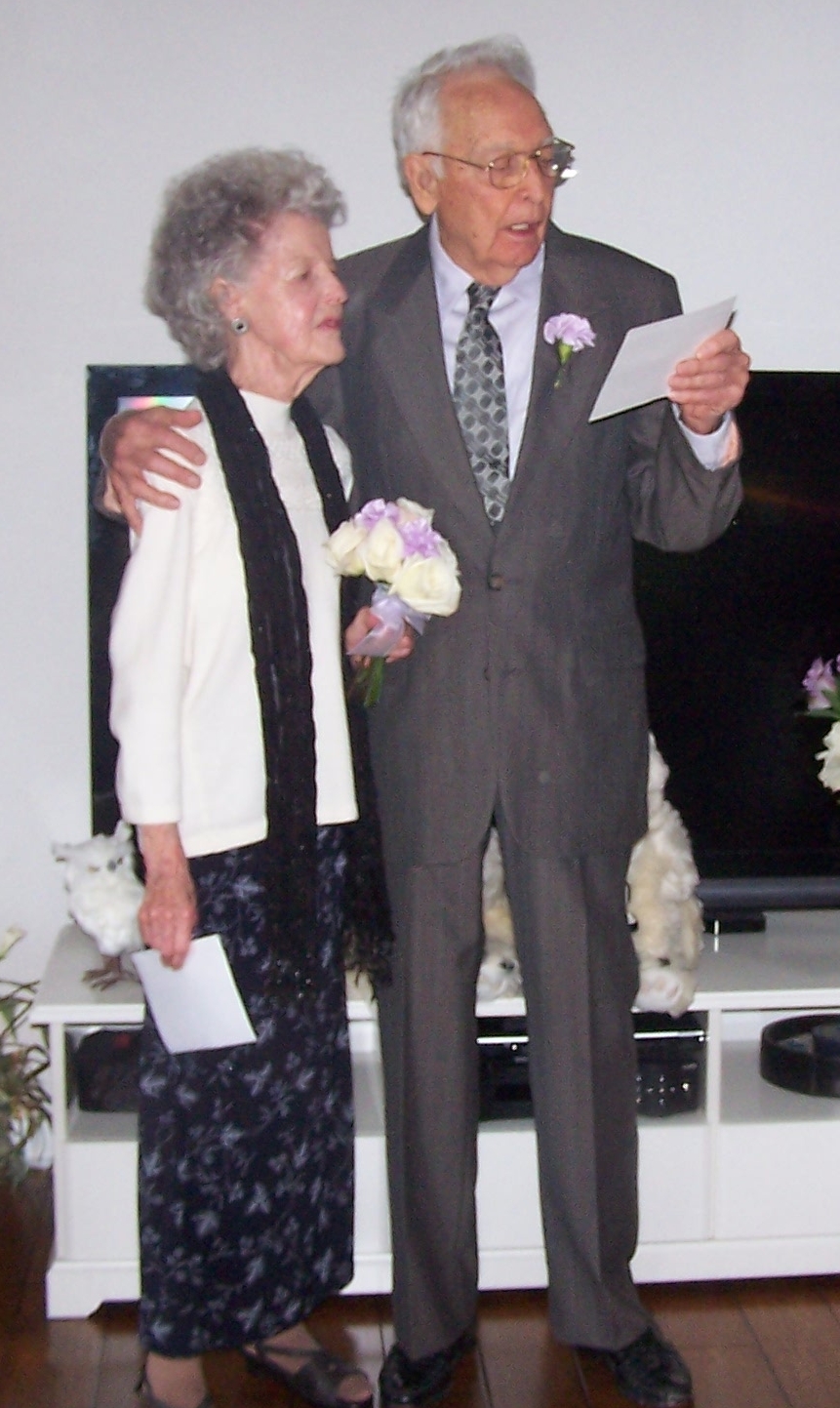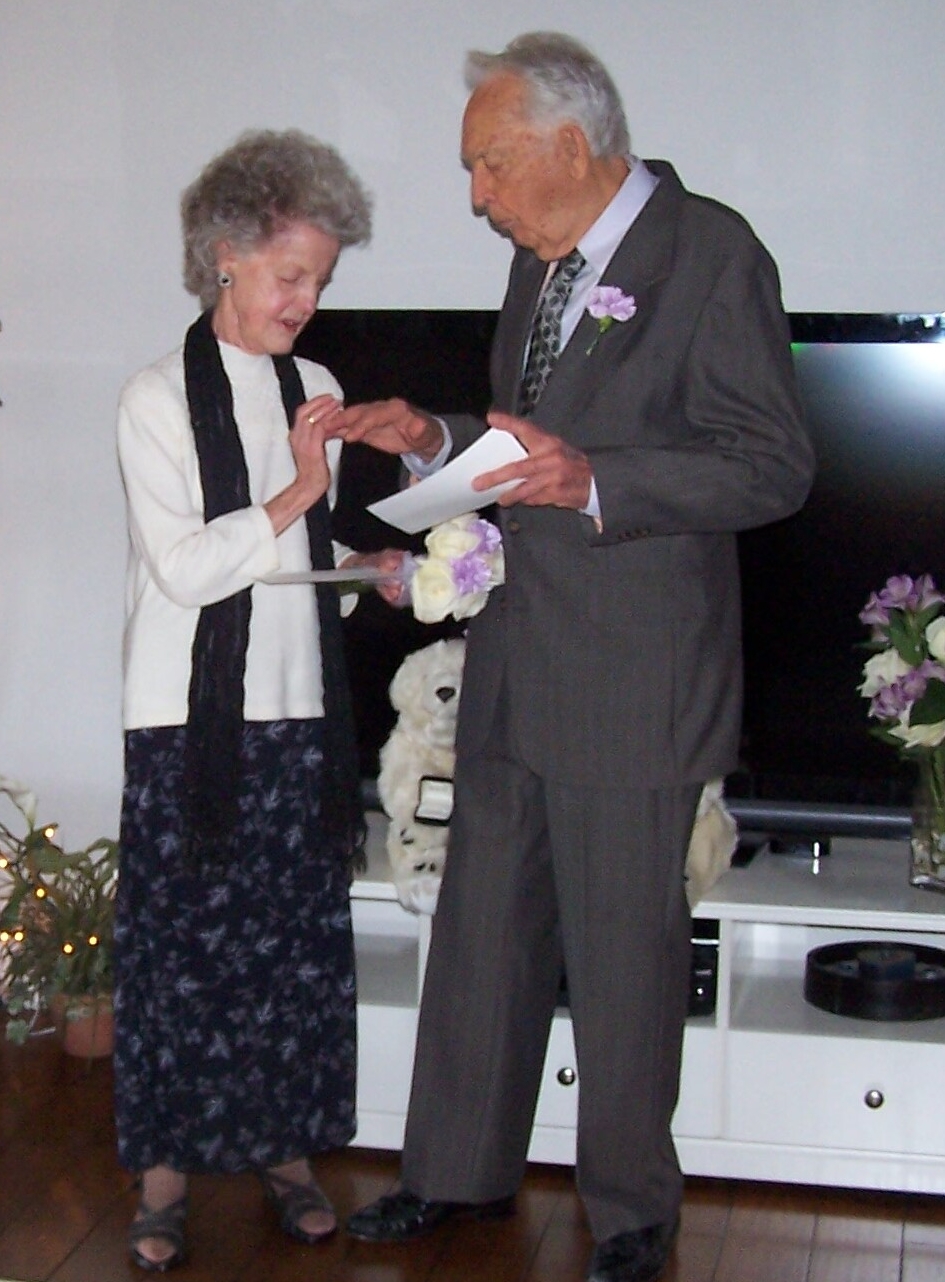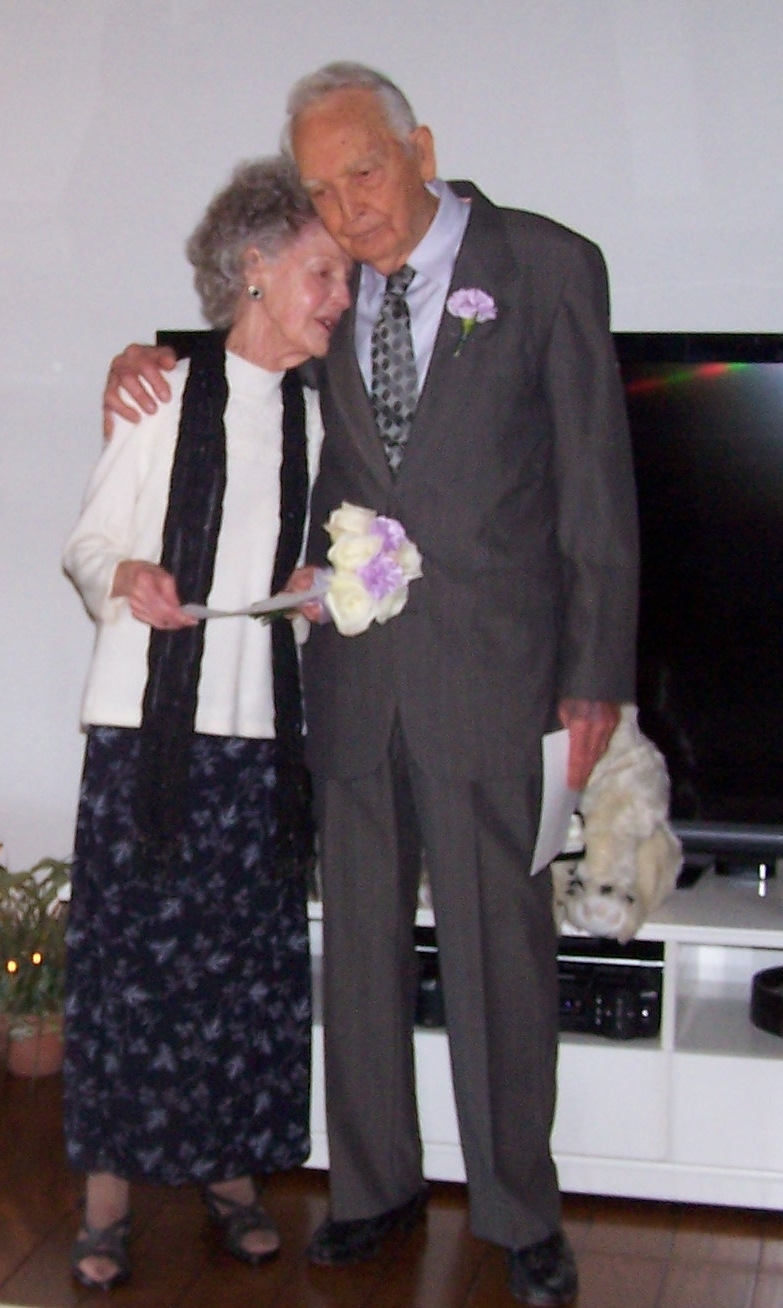A Growing Family Dynamic:
With the aging of the “Baby Boomer” generation, the role of family caregivers - that segment of the population that provides care for aging family members - will soon reach over 50 million. There are many resources that describe the various dementias and age related conditions, prognoses, treatments, and medications that are available. But the escalating demands on an in-home caregiver can be physically, emotionally, and spiritually overwhelming.
As a baby boomer myself and caretaker for my aging parents during the years leading up to their passing, I can say that the transition from stage to stage was dramatic. There were no manuals that outlined how to respond to the unforeseen changes in those with progressive dementia or degenerative arthritis. The learning curve is constant. The need for growing support and resources was limited. And all the while I was working full time
Watching a loved one become less and less physically mobile, witnessing confusion as mental processes decline, becoming aware of personality changes that feel like the loss of the person you know - all can be overwhelming to the caregiver and care receiver alike.
What can one do with the feelings of helplessness that accompany trying to comfort a formerly strong and accomplished man and father sobbing in pain from debilitating arthritis; or a beloved parent looking like a lost and frightened child, asking, "What's happening? There's something wrong with my brain." We want to show empathy, sympathy, compassion - and we do, until we are drained, burned-out, exhausted from the constant stress.
What can one do when an aging loved one has difficulty accepting their growing limitations and finds the hidden key to the car and drives it with a foot on each pedal - applying both at the same time? Or who waits until you're busy or distracted and takes apart an expensive piece of electronic equipment, or bonds two fingers together with super glue while trying to piece together the counter tile (that was somehow broken off) before you notice. You know that the loss of control and self-authority is agonizing for them, but that doesn't stop the anger, the resentment, the fear, the out-of-control emotions that erupt from you.
Every new symptom or decline leads to a need for more information and resources, more time and focus, more organization and prioritizing, in order to overcome panic, anxiety, hopelessness - whether yours as the caregiver or your loved ones who can no longer fend for themselves or make rational decisions. The pressure is wearing and you know your health is a priority or who is to be there for the caregiving?
Constant stress wears down the body, escalates the emotions and deadens the spirit. Family caregivers are often living under conditions of ongoing stress that puts their health at risk. Sometimes the pressure of "what is" forces us to step back and take stock. It isn’t enough to gather up the resolve to get through another day – gathering resources is essential in order to find the way through each day without losing oneself. It can be exhausting.
To live life, apart from the role as caregiver, it’s important to exercise, eat right, sleep without undue interruptions, have time away on a regular basis, work with some sense of focus and maintain a connection with the people and things that inspire and lift us up. Those golden moments of reprieve may come in spurts, sometimes few and far between, but we have to keep advocating for ourselves as well as our loved ones. The alternative is the loss of our own lives, health and sanity.
The present is the only time we ever really have and if we postpone living "until" we may never get there. It might be hard but it must be done: We have to make time to care for ourselves and our needs. We need to collect resources, join support groups, find regular respite care, whether family members, local volunteers or paid help. The resources are out there and they have to be found.
Getting regularly scheduled breaks is invaluable and it can only happen if the caregiver makes it happen. An evening to oneself while a relative, friend or hired aid comes in to supervise, or getting respite care in the home of a relative or friend in order to get away for a period of time, whether a night or a few days. While my parents were still safe alone for short periods of time I would go out to dinner with a friend every other week while my daughter was on phone alert. As their dependency grew I would meet my daughter half way between our homes and she would take them to her house for a night or more and we would meet half way again when it was time to bring them home. My brother (a pilot for an airline) would sometimes fIy in and stay for a visit so I could get away.
There are no guarantees in life. What we put off we may never get to do. I started a basket list (bucket list sounded too close to the end) of things I planned on doing. First item up: a trip to Yosemite with a bus ride to Glacier Point and a hike down to the valley - three special days in the healing beauty of nature. The date was set and care for my parents was arranged.
I made it a habit to get up early enough to get out for an early morning walk - usually pre-dawn, before anyone was awake. I arranged for books, tapes, or Ipads (with large enough screens for them to see) and games to entertain them when I settled them into bed early at night in order to get an hour for myself to decompress and relax. When the tension was high on a given day - even if it had to be sandwiched between clients or teaching - I painted something in the house. It lifted me up to see the bright newly painted kitchen or the once annoyingly orangish living room wall become white. The tension would get dispersed and replaced with satisfaction – and it engaged my parents attention and sometimes help, when I was able to safely give them some supervised task.
It never dawned on me - or my parents - that their golden years would take this turn. We were unprepared. I intend to be more prepared, or at least to plan in advance for whatever direction my future may take. I won't put off the things I want to do and accomplish. I hope to remain independent, to keep my mind and body functioning - and I keep myself as fit, active, and mentally stimulated as I can. But I will have a contingency plan, something in place for "what if..."
And I will find beauty and joy in every day, whether it is a beautiful sunrise or clouds or flowers or time with loved ones or friends – I will be grateful for whatever moments come. Even the heartfelt moments of supporting a loved one in emotional or physical distress, or giving a friend or client attention and support.
Since my parents departed I speak to them in the silence, convey my deep love and appreciation for how much they gave to me – most especially, their unconditional love. I have confessed my remorse that I wasn’t always as kind or loving as I would like to have been when they were most vulnerable. I can see them smile sweetly – and hear them tell me how much it meant to them to be with me. They knew they were loved and safe. I feel them close, have been comforted by a light touch on my shoulder or clear impression of their presence or a lucid dream. We are not separate. They will always be a part of me.
What I’ve learned: Don't wait. Seize opportunities. Take chances. Challenge yourself to find ways to be fulfilled, happy and inspired to live your life. You'll be a better caregiver when you also give care to yourself. And it will make your loved ones happy.
The loved Ones We Hold In Our Hearts Are Always a Part Of Us
70th Anniversary



Renewing Vows Exchanging Wedding Rings A Year Before Departure
Cheryl Canfield, CCHT, 2023
Life & Wellness Counselor

Articles:
* July, 2024*Journey into Receptive Silence:
A form of Prayer
*The World is Calling
* March, 2024
*What Plants Teach Us
– and How They Keep Us Healthy
* February, 2024
*Living an Inspired Life
* January, 2024
*Keeping the Big Picture in Sight
*The World is Calling Us
* November, 2023
*A Growing Family Dynamic:
Caring for Aging Loved Ones
* October, 2023
*The Transformational Potential of Humankind.
Rising to a Life of Purpose and Meaning
*The Politics of Wisdom
* September, 2023
*The Planting of a Peace Pole
* The Power of Faith
* A Healing Journey
* Self-Transformation:
Change Your Perspective, Change Your Life
* Choosing Peace
* As We Heal Ourselves, We Help to Heal the World
